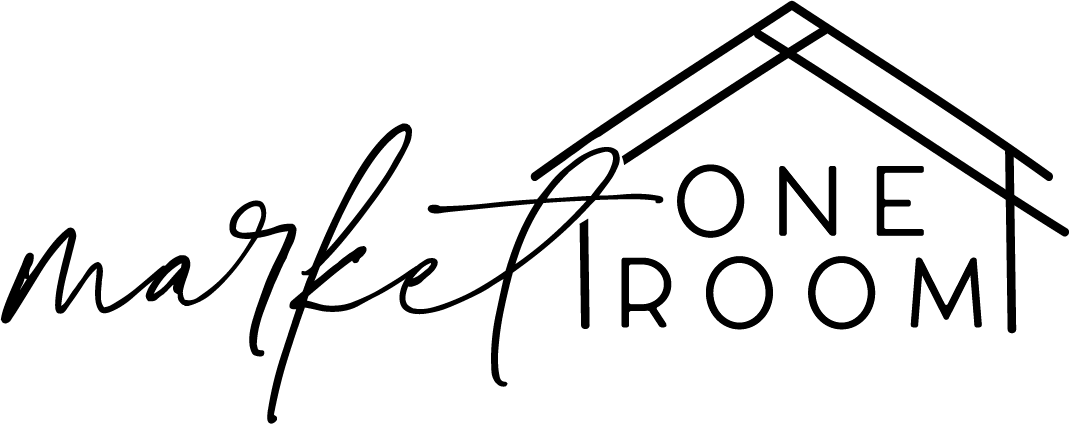Industrial accounting: what is it, what is it for, and what are the benefits
Because of the simplified manner of accounting, the cash method is often used by small businesses or entities that are not required to use the accrual method of accounting. Instead of recording a transaction when it occurs, the cash the audit committee requirements method stipulates a transaction should be recorded only when cash has been exchanged. Accountants may be tasked with recording specific transactions or working with specific sets of information.
- Typically, management accountants have at least a bachelor’s degree in accounting or a related field.
- The accounting for income taxes under ASC 740 that are most relevant to the technology industry is sometimes very specific and can be challenging to apply.
- Because if there’s one thing for certain, it’s that those who don’t adapt, will get left behind.
- It’s only if you clearly communicate your firm’s goals that your entire team can work together towards achieving them.
- Accountants in the industry must be familiar with these rules and verify that the financial statements conform to them.
- As an accountant, you can specialize in different areas of accounting, each with its unique accounting career path, certification requirements, and average salary.
As technology evolves, entities typically incur myriad costs related to software. There are several software programs on the market that allow for optimal management of industrial accounting, however, choosing the best solution may not be as easy as one might think. So let’s take a look at what industrial accounting is used for and what are the benefits of its optimal management. Adolfo Marquez from MBS Accountancy has rounded up 15 of the best no-code tools to help you boost your accounting firm’s efficiency.
activities leading accounting firms are investing in right now
Over 80% of consumers expect businesses to be actively involved in combating climate change and just under 50% will shift their purchasing to more environmentally-focused companies. “If we look at the risk profile of accountants, it’s probably 9 out of 10,” says Drew Fenton CPA, Director of Specialist Insurance Broking firm Fenton Green & Co. Trust forged between two people—client and accountant—is a bond impossible for AI to replicate. Fundamentally, showing someone empathy and sensitivity will keep people at the forefront of the accounting profession for a long time. While AI has been around for many years, the uptake of generative AI tools (most famously OpenAI’s ChatGPT) has been one of the most exponential on record.
Cost accounting and industrial accounting: the differences
The way accountants prove their worth is changing to be centered around examining trends, analyzing data, and evaluating the business environment holistically. By immersing yourself in new tech and becoming an early adopter (even if it’s just for experimental purposes), you’ll be better placed to leverage game-changing tools for your accounting firm. Looking into the distant future, it’s difficult to predict how far the digital transformation will go. Evolving technology, the changing business landscape, and the environment are all shaping the future of the accounting profession.
The explosion of AI is causing widespread chatter about the future of many professions, and even doomsday predictions from some. If you have concerns about the speed at which technology is developing, the skills shortage, AI, or the numerous other shifts altering the profession before your eyes, try to reframe these concerns as opportunities. Because if there’s one thing for certain, it’s that those who don’t adapt, will get left behind. When the client pays the invoice, the accountant credits accounts receivables and debits cash.
Young people want to use technology
Your ability to combine imagination and experience with financial data trends (and many other factors) still needs a human touch. The Securities and Exchange Commission has an entire financial reporting manual outlining the reporting requirements of public companies. About Deloitte As used in this document, “Deloitte” means Deloitte & Touche LLP, a subsidiary of Deloitte LLP. Typically, management accountants have at least a bachelor’s degree in accounting or a related field.
The specific certifications required for government accounting positions vary depending on the position level and the jurisdiction in which it is located. However, government accountants often complete the Certified Government Financial Manager (CGFM) from the Association of Government Accountants or certifications from the Certified Public Accountant (CPA) board. It can be more complicated and detailed than private-sector accounting because of the increased amount of regulations and requirements for how money is spent and accounted for in a public setting. Tax accountants use their knowledge of tax laws and regulations to ensure that their clients comply with the law and minimize their tax liability. Tax accountants may also be involved in tax planning and advising clients on how to structure their affairs. As the accounting field continues to evolve, new types of accounting are likely to emerge to meet the ever-changing business and organization’s needs.
Industry accounting professionals are trained to navigate these complexities and tailor financial reporting to meet industry-specific needs. By understanding the intricacies of a given industry, accountants can ensure accurate and relevant financial information is provided to stakeholders, including shareholders, investors, lenders, and regulatory bodies. Industry accounting is a specialized field that plays a crucial role in accurately reporting financial information within specific sectors or industries. It encompasses unique accounting practices, standards, and regulations tailored to address the distinct characteristics and requirements of each industry. Through industry accounting, businesses can provide stakeholders with accurate and meaningful financial information that reflects the economic reality of their specific industry. Overall, industry accounting plays a critical role in financial reporting by providing accurate, relevant, and industry-specific financial information.

Laisser un commentaire